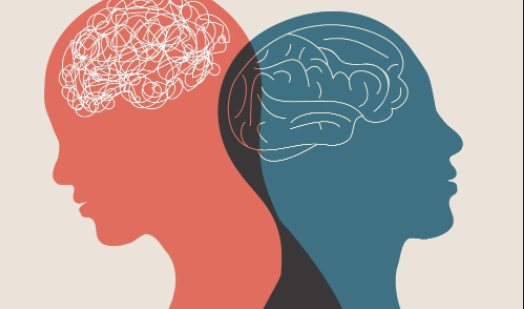Lupus is a type of disease in which the immune system of the body becomes hyperactive and starts attacking the healthy tissues and cells of the body. Currently, there is no specific cure for Lupus. In the United States, around 1.5 million people live with the symptoms of Lupus. Researches also suggest that Lupus attacks women more often than men. Lupus can be difficult to diagnose because the symptoms of Lupus are very much similar to other diseases.
Lupus can affect the central nervous system as well as the peripheral nervous system. Get in touch with best therapists in Cleveland.
Symptoms of Lupus:
As said earlier, the symptoms of Lupus are very much similar to any other disease so they may vary from person to person. Lupus has a wide range of symptoms, some of them are described below:
- High Fever
- Swollen joints and muscles
- Ulcer in mouth
- Hair loss
- Episodes of Seizures
- Swollen gland
- Swollen lymph nodes
- Skin rashes
- Mouth sores
- Sensitivity to the sunlight
- Headache
- Weight loss
- A Loss of appetite
- Loss of vision
- Dizziness
- Confusion
- Stroke
Lupus affecting Central Nervous System:
Lupus can affect the working of the Central nervous system. The central nervous system consists of the spinal cord and brain. When Lupus affects the Central nervous system then it is called CNS Lupus.
Symptoms when Lupus attacks Central Nervous system:
- The symptoms when Lupus attacks the Central Nervous system are different as compared to the typical symptoms of Lupus. Some of the symptoms are included:
- Lupus Brain Fog. In this condition, a person feels confused and faces trouble concentrating.
- Seizures are one of the most common neurological symptoms of Lupus.
- The blood flow seizes in the brain which leads to stroke.
- The extreme form of CNS Lupus also causes some conditions like:
- Psychosis is when the person sees things that actually didn’t exist, It is a very rare condition. Some estimates suggest that about 12% of the patients having lupus may develop Psychosis.
- Myelitis is termed inflammation in the spinal cord.
Causes of Lupus:
The exact cause of Lupus is still unknown but there are some factors that are responsible for it, some of the factors are described below:
Genetics:
There is some research that suggests that there is a role of genetics in it. People who have a family history of Lupus, most probably who have the first or second degree relative with Lupus are more likely at risk of developing this disease. Changes in the X-chromosomes are also a genetic factor that is responsible for Lupus. Some studies suggest that in the case of an identical twin, one twin may develop Lupus while the other twin remains unaffected. Despite the fact that they are facing the same environmental conditions. Also, check out the Cleveland clinic ocd.
Environmental Factor:
There are some external or environmental factors that may be the reason behind Lupus. The most common environmental factor includes Exposure to sunlight. The sunlight triggered the Lupus. Smoking is another reason behind Lupus. A number of cases increased in recent decades are thought to occur due to excessive exposure to tobacco.
Exposure to viruses, various medications that are not suitable for the immune system are also some of the environmental factors that triggered Lupus.
Hormonal factor:
There are some hormonal factors that are associated with Lupus. The hormones include Oestrogen. This hormone is often triggered in women during their reproductive years. So this concludes that women are more likely at risk of developing Lupus than men.





